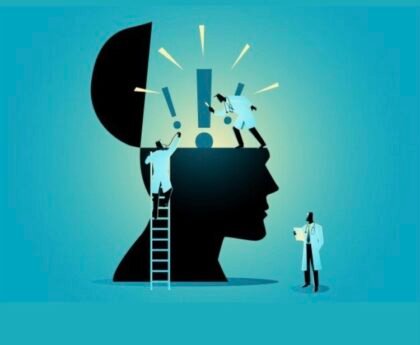Owen, a renowned philosopher and speaker, has a simple yet profound message for the young minds of our era: “To swim, one must get into the waters.” This is how he introduces his talk on the art of thought selection, a skill that he believes is essential for navigating the complexities of life—or as he eloquently puts it, “hii story ya life.”
He invites us to envision our brain as a selective plant factory, tasked with choosing the ripest apples from a vast array. This analogy serves as a vivid representation of how we can program our minds to focus on beneficial thoughts, effectively sorting through the myriad that vie for our attention.
But how do we know which thoughts are worth keeping and which ones are not? Owen suggests that we cultivate consciousness, a state of being that goes beyond the surface level of our identity. He highlights the importance of emotional agility, defining it as the ability to navigate our thoughts and feelings with intention and grace, thus enabling us to meet life’s challenges with wisdom rather than knee-jerk reactions.
To step onto the path of true awakening, Owen encourages us to shed preconceived notions of who we are and what we want. He urges us to probe the depths of “Who am I?”—a question that beckons us to venture beyond our roles, labels, and expectations. He emphasizes the necessity of seeking knowledge, embracing the lessons in our failures, and approaching life with an open heart and mind.

By doing so, we align our daily experiences with our deepest values, leading to a fulfilling and enriched life. Owen calls this the path to enlightenment, a journey of self-awareness and mindful thought management. He echoes the sentiment “Whose bread I eat, his song I sing,” reminding us that we are what we think, and we can shape our reality by choosing our thoughts wisely.
Owen also addresses the challenges that beset us in a world marked by political unrest, environmental crises, and cultural divisions. He underlines the critical need for self-awareness, philosophical exploration, and spiritual understanding in overcoming the obstacles that threaten our peace and harmony. He offers a beacon of hope and clarity, urging us to live consciously and harmoniously.





